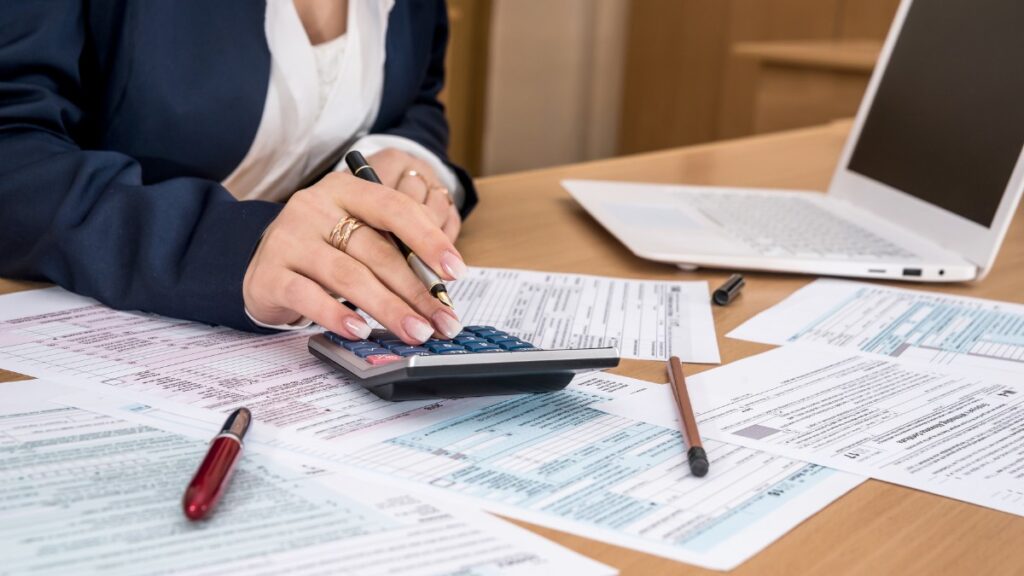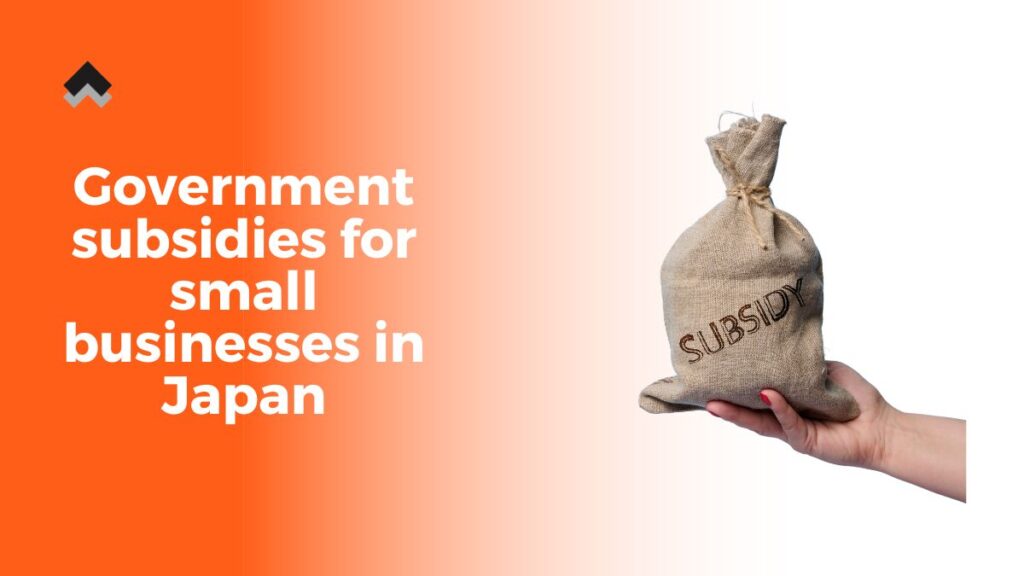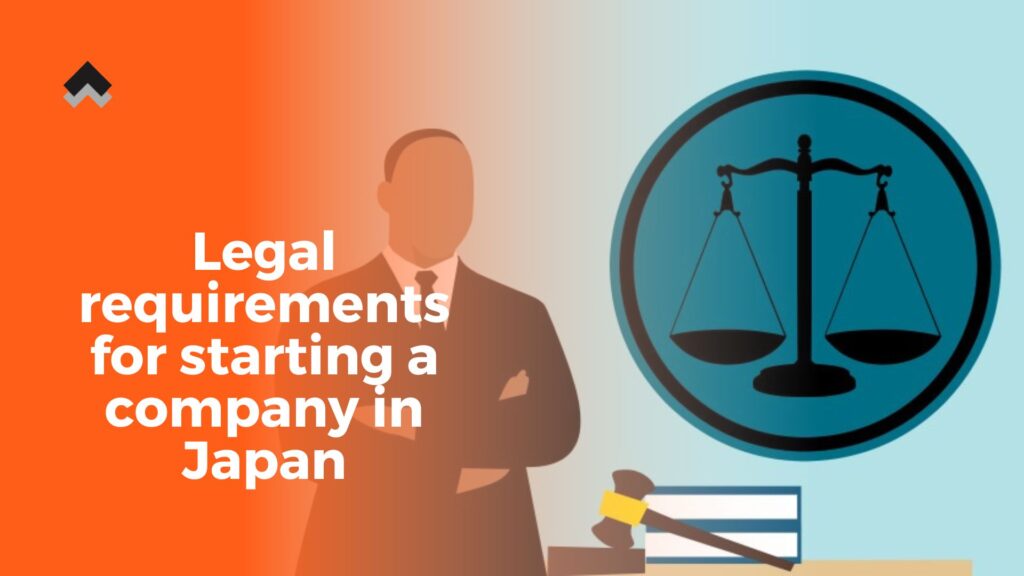Whether you’re a small business owner, entrepreneur, or a foreign investor looking to start a business in Japan, government subsidies play a crucial role in supporting small businesses, offering financial aid and resources that can significantly impact growth and sustainability. This article provides an in-depth understanding of available subsidies, eligibility criteria, application processes, and practical tips for effectively utilizing these funds.
By addressing common challenges and exploring future trends, this article aims to equip you with the knowledge needed to leverage government support for your business success in Japan.
Understanding Government Subsidies for small businesses in Japan
To fully harness the benefits of government subsidies, it’s crucial for small business owners and entrepreneurs to understand the various programs available, along with their specific eligibility requirements and benefits. In the next section, we’ll explore the different types of subsidies offered by the Japanese government, providing a detailed overview to help you identify and apply for the financial support that can best aid your business’s growth and success.
What is a Government Subsidy?
A government subsidy is a financial benefit provided by the government to individuals or groups, often in the form of cash grants or tax reductions. These subsidies are designed to support various projects and business initiatives, but they typically cover only a portion of the total project cost, usually between 66% to 75%. Therefore, it’s essential to plan for additional funding from your own resources. For more detailed guidance on the types of subsidies available and how to apply for them, refer to our comprehensive Guide to Startup Subsidies in Japan.

Who Supplies Subsidies in Japan?
Tokyo Metropolitan Government
The Tokyo Metropolitan Government offers subsidies to businesses less than five years old within the Tokyo area. These subsidies can cover up to 66% of eligible expenses, with a maximum payout of 3 million yen. The funds can be used for labor costs, rent, advertising, and other operational expenses. Applications are accepted in April and October, and businesses must first obtain support from Tokyo Sogyo Station and possess the necessary permits.
Japan External Trade Organization (JETRO)
JETRO is a government-related organization that promotes trade and investment between Japan and the rest of the world. Recently, JETRO has focused on encouraging foreign direct investment into Japan, specifically assisting small to medium-sized businesses. To qualify for a subsidy from JETRO, a business must have a physical office and legal presence in Japan and be actively conducting business in the country.
The Japan Foundation
The Japan Foundation is dedicated to international cultural exchange and offers various grants and resources to support this mission. Businesses involved in cultural activities or projects related to Japan can apply for these grants. More information can be found on the The Japan Foundation Grants page.
Ministry of Economy, Trade and Industry (METI)
METI plays a crucial role in developing Japan’s industry by supporting private companies and fostering external economic relationships. METI offers numerous subsidies aimed at enhancing productivity, innovation, and international expansion. Detailed information about these subsidies can be found on the The Ministry of Economy, Trade and Industry website.
Tokyo One-Stop Business Establishment Center
This center simplifies the process for foreign companies and startups to establish a business in Japan. It provides personalized assistance with procedures such as certification of articles of incorporation, company registration, tax notifications, social security, and immigration. The center also supports electronic applications and offers interpretation and translation services in multiple languages to cater to diverse business needs. For more information, visit the Tokyo One-Stop Business Establishment Center Services page.
How to Apply for Government Subsidies?
Prerequisites
To qualify for a government subsidy in Japan, you need:
- A solid business plan: Clearly outline your business objectives, strategies, and projected outcomes. For guidance, visit our Guide for Creating a Business Plan for a Startup in Japan.
- An established office in Japan: Ensure your business has a physical presence within the country.
- Economic contribution: Demonstrate how your business will positively impact the local economy.
Let’s say you wanted to apply for this specific subsidy, Temporary Office Provision for Foreign Financial Companies and Personnel, with the Tokyo Metropolitan Government. Here is what you need to know:
Who is eligible?
Foreign financial companies or individuals employed or outsourced by them that meet these criteria:
- No registered branch office or corporation in Japan as of the date of submission
- If you currently have a branch office or corporation in Asia
- Have a strong desire to establish a business in Tokyo within one year of application. Also, when expanding into Tokyo, asset management companies will have a securities management base and FinTech companies will have a research and development base
- Companies must have a track record of operating as an asset manager or FinTech company where the head office is located
- No violations of any laws or regulations
- Should not be behind on taxes
- There are no violations of contrast with public institutions, etc.
- No risk of threatening public safety or welfare
- Business purpose should not involve politics, religion, or election
- Should not be under an organized crime group
- There are no facts regarding Party A’s past work or other circumstances that make Party A unsuitable for assistance
How much am I getting and how long will it last?
Some of the expenses supported by the Tokyo Metropolitan Government include:
- rent, facility usage fees, common area fees, and other fees paid for the use of office space
- Initial costs like entrance fees, security card fees, restoration fees, and other fees that must be paid when moving in
The amount and period are:
- 300,000 yen a month with actual expenses reduced or exempt for up to 3 months for rent, facility usage fees, common area fees, and other fees paid for the use of office space
- Actual cost reduced up to 200,000 yen regardless of contract period for initial costs like entrance fees, security card fees, restoration fees, and other fees that must be paid when moving in
What are the necessary documents?
The required documents are:
- Usage Application Form
- Documents to confirm the situation of the foreign company (financial statements, business summary, copy of register, etc.)
- Documents to prove tenant identity (passport, etc.)
- (If the contractor is an individual) Proof of tenant employment or outsourced to foreign company (employment contract, outsourcing contract, etc.)
- Proof the foreign company has a business track record as an asset management company or Fintech company (management track record, press releases related to products or services, license for asset management business, etc.)
What is the contract?
After the Tokyo Metropolitan Government decides to move forward with the payment, a certified office operator will offer a contract. There will be an examination for offices in areas with a concentration of international financial functions. Areas include Kayabacho, Nihonbashi, Marunouchi, Otemachi, etc.
Also, there will be special provisions in the contract including:
- The fact that the tenant received a reduction of rent, etc., and initial costs of the project, and the amount that was reduced or exempt
- If the reduction or exemption lasted longer than the fiscal year, the amount from the period of the next year will be calculated based on the budget of the approved project by the end of the fiscal year
- Tenants must cooperate with Tokyo Metropolitan Government investigations
- Other details provided by the Tokyo Metropolitan Government
Where is the application going?
The application goes to the Tokyo Metropolitan Government where they will decide which of the applicants fit the criteria and motives the best.
How long is the approval?
The results should take a few months to process. If your company is selective to receive the subsidy, your information will be verified.
Recap
Step 1: Research
Make sure you thoroughly researching the available subsidies, as they can change annually. Each program has specific prerequisites and procedures. Always double-check the current requirements on the official websites.
Step 2: Application
Next is the the application stage. Find the application section, which will detail the application period, required documents, and contact information. This process involves providing detailed information about your business. This phase is not quick, so be prepared for a waiting period before approval. Also, have an expert fluent in Japanese assist you, as many application forms and instructions are in Japanese.
Step 3: Verification
If your application is considered, the government agency will verify the authenticity of your submitted information. This may involve site visits, interviews, and additional checks to ensure all details are accurate.
Step 4: Approval
Upon successful verification, the agency will grant the requested subsidy, which could be a financial grant, tax incentive, or other forms of support. During the subsidy period, you must comply with reporting requirements, updating the agency on your project’s progress, how you are utilizing the funds, and whether you are meeting your outlined goals.

Types of Government Subsidies
Small Business Subsidy
Small businesses in Japan can apply for subsidies ranging from 500,000 to 1 million yen. Also, these funds are intended to support various aspects of a business’s investment plan, helping to alleviate financial burdens and promote growth. Exceptions to these amounts may apply during special circumstances, such as during the COVID-19 pandemic.
IT-Related Subsidy
Companies seeking to enhance productivity through technology can apply for IT-related subsidies. These subsidies cover 50% to 66% of project costs, with amounts ranging from 300,000 to 4.5 million yen. This type of subsidy is designed to help businesses integrate advanced technologies, improve operational efficiency, and stay competitive in the market.
Corporate Ability Subsidy
Aimed at small to medium-sized businesses, the corporate ability subsidy supports production improvements, the development of new business models, or the creation of new products. However, eligible businesses must be located in Japan and complete their investments within 10 months of receiving the subsidy. Medium-sized businesses can receive up to 50% of project costs, while small businesses can receive up to 66%, with maximum subsidy amounts ranging from 1 million to 10 million yen. For businesses with global investment plans, subsidies can cover up to 50% of project costs, with a maximum of 30 million yen.
Restructuring Subsidy
This subsidy is intended for businesses looking to restructure or pivot their operations. Eligible applicants include small, medium, and large businesses that can demonstrate a decline in sales of at least 10% compared to the previous year. Small and medium-sized businesses can receive up to 66% of their project costs, with subsidy amounts ranging from 1 million to 60 million yen. Large businesses can receive up to 50% of project costs, with amounts ranging from 1 million to 80 million yen. The investment must be completed within 12 months of receiving the subsidy.
Here is a summary of the government subsidy payout amounts:
| Subsidy | Payout Ratio | Amount |
| Small business | 2/3 | 500,000 – 1,000,000 yen |
| IT Related | 1/2 | 300,000 – 4,500,000 yen |
| Corporate Ability | small: 2/3 medium:1/2 Global : 1/2 | 1 – 10 million yen 30 million yen |
| Restructuring | Small, medium: 2/3 large:1/2 | 1 – 60 million yen 1 – 80 million yen |
Utilizing Government Subsidies for small businesses in Japan Effectively
After successfully navigating the application process for government subsidies, the next crucial step is to utilize these funds effectively to maximize their impact on your business. Understanding how to strategically allocate subsidy funds can help drive growth, enhance productivity, and ensure long-term sustainability. In the following section, we will explore practical ways to use government subsidies, the benefits they offer, and their impact on your financial statements and tax obligations. This comprehensive approach will provide you with the insights needed to make the most of the financial support available to your small business in Japan.
Benefits of Government Subsidies
What are the benefits of government subsidies? Government subsidies offer numerous benefits to small businesses, providing essential financial support that can significantly enhance growth and sustainability. These subsidies help reduce operational costs, allowing businesses to allocate funds towards innovation, expansion, and competitive positioning in the market. They can also provide much-needed cash flow, which is particularly beneficial during the early stages of business development or during economic downturns. Additionally, subsidies often come with access to valuable resources, including advisory services, training programs, and networking opportunities, which can further aid in business growth and stability. Small business owners often don’t realize how much money they can get from the government. Check out our video below on how to “Get Japanese Government Money for Your Business with Miho Tanaka” to find the subsidy that fits your business.
Practical Use of Subsidy Funds
Government subsidies can be practically used in various ways to bolster the growth and development of small businesses. Subsidies can be used to upgrade equipment and technology, improving operational efficiency and productivity. Additionally, businesses can allocate subsidy funds to marketing and expansion efforts, helping to reach new customers and enter new markets. Workforce development is another crucial area, where subsidies can be used to train employees, enhance skills, and improve overall organizational performance. Furthermore, subsidies can assist in covering essential operating costs, such as rent, utilities, and supplies. Through these practical applications, government subsidies play a vital role in supporting the sustainable growth of small businesses. For another resource to help allocate funds, check out Accounting Services for Startups in Japan.
Impact on Financial Statements and Taxes
Government subsidies can have significant impacts on a business’s financial statements and tax obligations. On the financial statements, subsidies are often recorded as other income or grant income, which can enhance a company’s profitability and improve its overall financial health. This additional income can increase the net profit, thereby potentially affecting key financial ratios and metrics used by investors and lenders to evaluate the business. However, it’s crucial for businesses to accurately report and disclose these subsidies in their financial statements to maintain transparency.
Regarding tax implications, subsidies may be considered taxable income, depending on the jurisdiction and specific tax regulations. Businesses need to be aware of how these funds are treated for tax purposes to ensure compliance and avoid potential penalties. Therefore, it’s essential to consult with tax professionals to understand the specific obligations and how to optimize tax strategies in light of the received subsidies. Proper accounting for these funds and adhering to tax regulations can help businesses effectively leverage subsidies while maintaining fiscal responsibility and compliance with legal requirements. Take a look at our Guide to Japanese Taxes for New Businesses for further information.

Q&A
Q: What are the main types of government subsidies available for small businesses in Japan?
A: The primary types of subsidies include small business subsidies, IT-related subsidies, corporate ability subsidies, and restructuring subsidies. Each type has specific eligibility criteria and funding amounts to support different business needs.
Q: Who provides these subsidies?
A: Subsidies are provided by various organizations, including the Tokyo Metropolitan Government, Japan External Trade Organization (JETRO), the Japan Foundation, and the Ministry of Economy, Trade and Industry (METI). Each organization has specific programs to support small businesses in different ways.
Q: How can small businesses apply for these subsidies?
A: The application process typically involves submitting a detailed business plan, verifying business information through government agency checks, and receiving approval if the application meets the necessary criteria. It’s advisable to seek assistance from experts or use translation services to navigate the application process smoothly.
Q: What are the practical uses of subsidy funds?
A: Subsidy funds can be used for various purposes, including research and development, upgrading equipment and technology, and etc. Also, these practical applications help businesses improve efficiency, reach new markets, and drive growth.
Q: How do subsidies impact financial statements and taxes?
A: Subsidies are recorded as other income or grant income on financial statements, enhancing profitability and financial health. However, they may be considered taxable income, requiring businesses to report and disclose them accurately.
Q: What are the benefits of government subsidies?
A: Government subsidies provide financial relief, reduce operational costs, and offer access to valuable resources such as advisory services, training programs, and networking opportunities. These benefits enable small businesses to innovate, expand, and compete effectively in the market.
Q: How does the Tokyo One-Stop Business Establishment Center assist foreign businesses?
A: The center simplifies the process for foreign companies and startups to establish a business in Japan, offering personalized assistance with certification, registration, tax notifications, social security, and immigration. It also supports electronic applications and provides interpretation and translation services in multiple languages.


